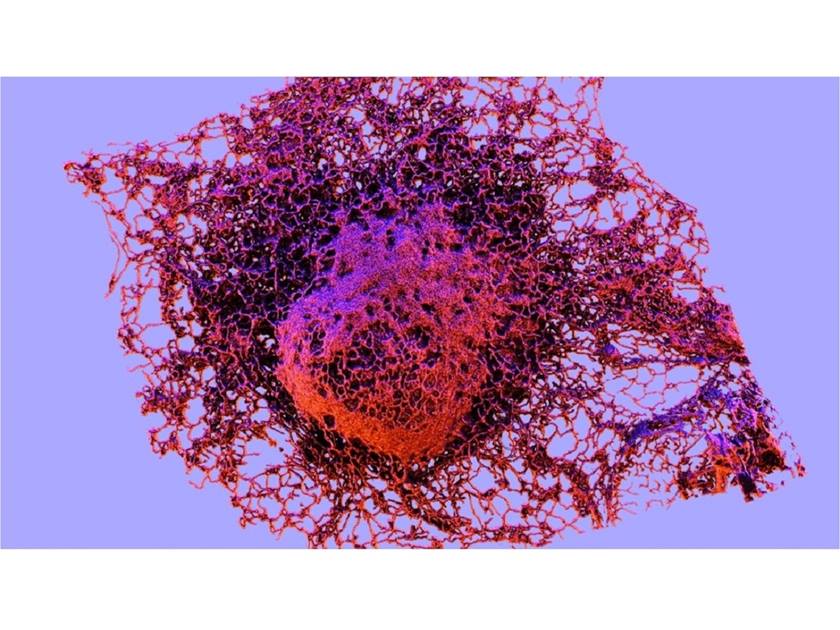Washington, June 15 (QNA) - Researchers at the University of Texas at Dallas have synthesized a new molecule that kills a broad spectrum of difficult-to-treat cancers, including triple-negative breast cancer, by exploiting weakness in cells previously targeted by other drugs.
A study describing the research, which was carried out in isolated cells, in human cancer tissue and in human cancers grown in mice, was published online June 2 in the (Nature Cancer) journal.
A co-corresponding author of the study and a UT Dallas associate professor of chemistry and biochemistry in the School of Natural Sciences and Mathematics, Dr. Jung-Mo Ahn has been passionate about his work designing small molecules that target protein-protein interactions in cells for over a decade. Using an approach called structure-based rational drug design, he previously developed potential therapeutic candidate compounds for treatment-resistant breast cancer and for prostate cancer.
In the current work, Ahn and his colleagues tested a novel compound he synthesized called ERX-41 for its effects against breast cancer cells, both those that contain estrogen receptors (ERs) and those that do not. While there are effective treatments available for patients with ER-positive breast cancer, there are few treatment options for patients with triple-negative breast cancer (TNBC), which lacks receptors for estrogen, progesterone and human epidermal growth factor 2. TNBC generally affects women under 40 and has poorer outcomes than other types of breast cancer. (QNA)
15 June 2022
US Scientists Discover New Molecule Kills Hard-to-Treat Cancers
International and Arabic
Keywords
Culture, International, Science
News Bulletins
Most Read


